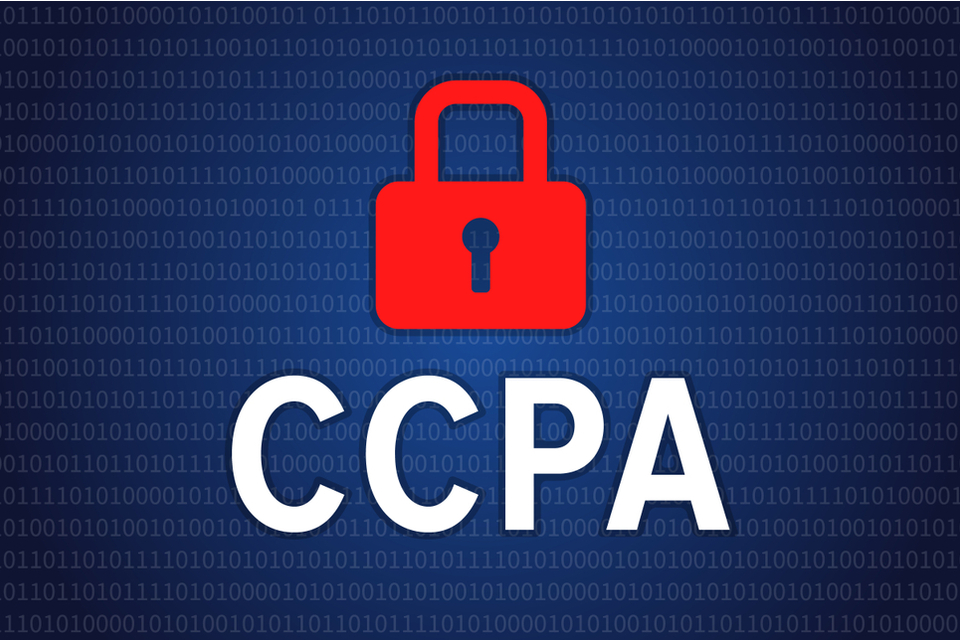Two days ago, on January 1, the California Consumer Privacy Act officially took effect. And here’s everything you should know about the much-debated privacy law.
People are concerned about their lack of control over their personal information.
A Pew Research survey revealed that six in ten U.S. adults don’t think it’s possible to go through their daily lives without companies collecting their data. What’s more, 81 percent of the public say that the risk they face because of data collection outweighs its benefit.
Although several bodies have called for federal regulation, it could take a while. At the best of time, a bill at that level could take as much as a year — even more.
Meanwhile, California went ahead and established protection for its residence.
What is the California Consumer Privacy Act?
The California Consumer Privacy Act or CCPA, is a state-level law intended to enhance privacy rights and consumer protection for consumers in California.
Among other things, the law requires that companies inform users of their intent to monetize their data. They also have to provide a straightforward means to opt-out of the said monetization.
Aside from disclosing what information they collect, businesses must state the purpose of the data collection. Also, companies have to disclose third-parties with whom they share the data.
Here’s a quick summary of the basic tenets:
- Companies must comply with an official request from the consumer to delete that data.
- Consumers can opt-out of their data being sold without fear of retaliation from businesses
- Companies are allowed to offer financial incentives for being allowed to collect data
- California authorities have the power to fine companies for violations
As simple as the privacy law seems, it could take years before we fully understand its implications for companies and regulators.
Silicon Valley’s Reaction to CCPA
According to reports, some internet-reliant businesses are unhappy with the new law. The companies suggest that federal regulation would be more desirable than a state-level control.
In September 2019, 51 chief executives, including Jeff Bezos, signed an open letter to senior lawmakers asking for a federal privacy bill. The letter argues that consumers may not “understand rules that may change depending upon the state in which they reside.”
Similarly, tech companies like Facebook, Reddit, Uber, among others, also pushed for federal privacy law.
Speaking to TechCrunch at the time, a technology and civil liberties attorney at the ACLU of Northern California, Jacob Snow said:
“It’s no accident that the tech industry launched this campaign right after the California legislature rejected their attempts to undermine the California Consumer Privacy Act.”
Now that CCPA is in full effect, companies have a six-month grace. During this period, honest mistakes can go unpunished, and tech companies can remove the inevitable bugs in their system.
Starting in June 2020, businesses will have to pay thousands of dollars fine per violation. For companies like Facebook and Google, that could quickly add up.


















Comments (0)
Most Recent